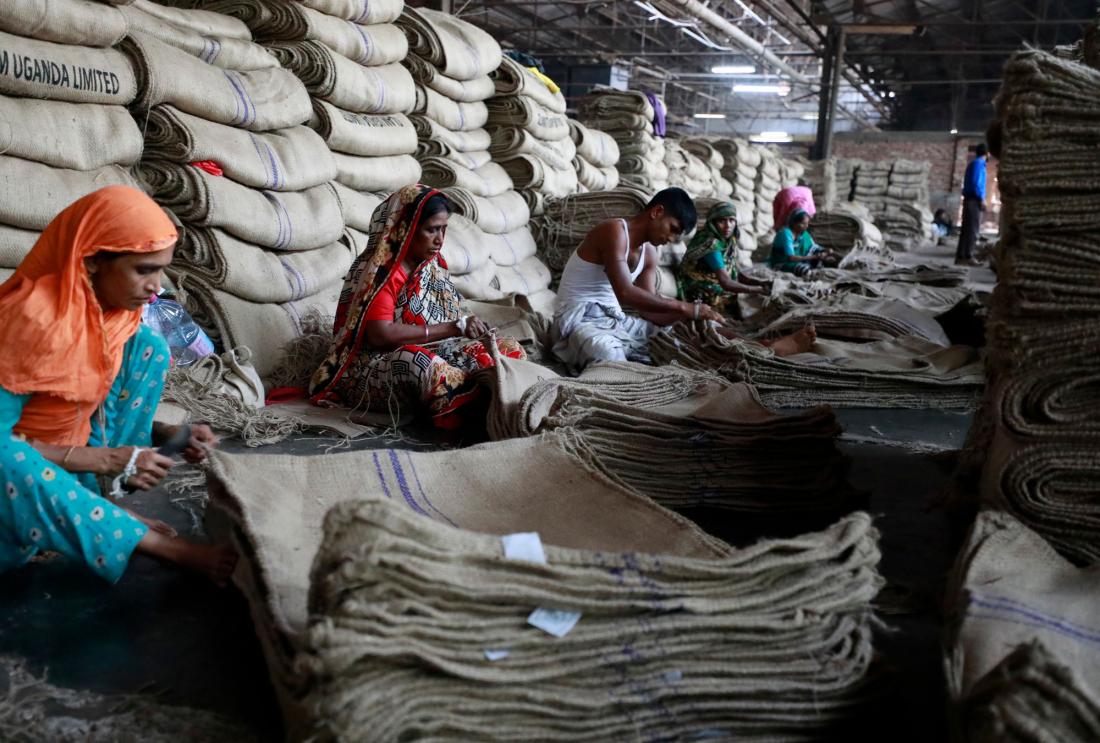Adoption of Commitment Savings Accounts Among Garment Workers in Bangladesh
- Commitment devices
- Financial literacy
- Savings
Even though more people have a bank account than ever before, take-up remains low for other financial products and services that could help the poor finance large expenditures or manage risk in their lives. Researchers are evaluating the demand for a commitment savings product among garment workers and evaluating whether employer influence and expected feedback to employers impacts sign-up decisions.
الموضوع الأساسي
An increasing number of people in developing countries possess a bank account, largely due to the expansion in mobile money as well as the growing use of electronic payroll systems. Many people are opening up their first bank account when their employers begin paying them electronically. However, take-up remains low for other financial products and services that could help the poor finance large expenditures or manage risk. Offering payroll workers additional products or services in addition to their basic salary account may be an effective way to increase the adoption and use of beneficial financial products and services, such as accounts that help people reach their savings goals. How can payroll accounts can be leveraged for greater financial inclusion, and how should add-ons to payroll accounts be marketed to increase take-up?
سياق التقييم
The readymade garments industry in Bangladesh employs around 4.2 million people. The majority of garment workers migrate from rural Bangladesh to the urban centers of Dhaka and Chittagong for the primary purpose of meeting specific savings goals. The study involves garment workers whose wages are deposited electronically into a payroll account. Although technically “banked,” these individuals often fail to use financial products as intended. About 70 percent of the workers are women.

معلومات تفصيلية عن التدخل
Researchers are evaluating the demand for a commitment savings product among garment workers and whether employer endorsement and expected feedback to employers on sign-ups impacts workers’ decision to take-up the product. In Bangladesh, 2,000 salaried workers with electronic payroll accounts through BRAC Bank have been randomly assigned to receive an option to enroll in a savings product called "Deposit Premium Scheme" (DPS) along with detailed information on the account or a comparison group that could not enroll in the product.
Those who enroll can choose an amount to be debited from their monthly salary and deposited into their savings account automatically for one to ten years. Workers can allocate an amount in multiples of BDT 500 (about US$6.40) to DPS and earn an interest rate between 7.5 and 9.75 percent.
Workers can at any time decide to discontinue their accounts through a written application prior to maturity (the date at which they would stop earning interest). In that case, workers will earn less interest, but there is no charge or fee either to enroll or discontinue the product.
To compare the impacts of employer influence and anticipated employer perceptions of workers savings habits, researchers are varying the conditions under which DPS is presented to eligible workers. Employees are randomly assigned to one of four groups:
- No employer endorsement or no feedback to employer: These workers are given detailed information about the product and are told that their sign up decision will be kept private.
- No employer endorsement and feedback to employer: These workers are given detailed information about the product and told that their employer will be informed about their sign up decision.
- Employer endorsement but no feedback to employer: These workers are given detailed information about the product, including an endorsement from a factory management representative. Workers are told their sign up decision will be kept private.
- Employer endorsement and feedback to employer: These workers are given detailed information about the product, including an endorsement from a factory management representative. Workers are told that their employer will be informed about their sign up decision.
Researchers are measuring worker’s take-up and savings decisions, as well as the impacts on worker outcomes, such as retention and performance on the job.
النتائج والدروس المستفادة بشأن السياسات
Study ongoing; results forthcoming.